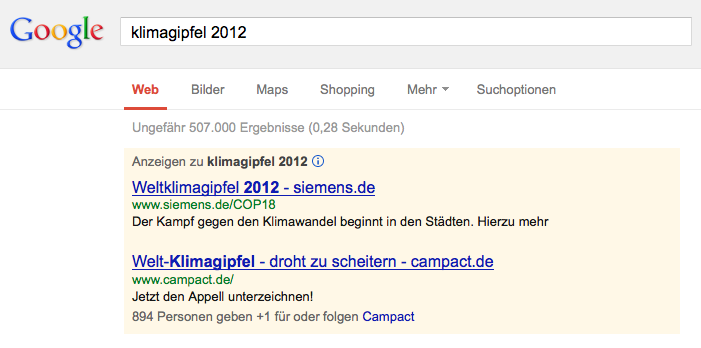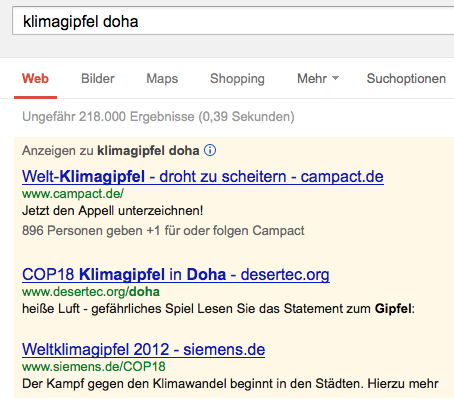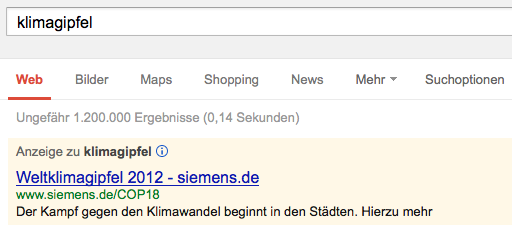two sides of the medal: media reality and surveillance
Posted in Aufklärung / Information, Dekontextualisierung, Film / Video, Information warfare, Journalismus, Nachrichten, Visuelle Kommunikation on July 9th, 2013 No Comments »
The doomy atmosphere revokes my youth in the 80ies. Also the discourse is not completely contemporary, seems almost outworn — not considering web phenomena/critic and current approaches to eco-social/political transformation — but i think it is still relevant. In terms of style and discourse Adam Curtis and Massive Attack seems to be the perfect fit. Now that they work together i wonder why they didn’t find each other earlier. More on their current work: Guardian, BBC.
I was reading about it yesterday on the Guardian in an article posted by the Adam Curtis himself. But today that page was removed, while yesterday it was even featured on the start page of the Guardian. As if it was still open in my browser, i saved it as a PDF.
More documentaries by Adam Curtis on thoughtmaybe.com — seems to be an excellent video platform for independent information (“Self-hosted, Self-funded, Self-directed, independent, autonomous”)
All this well-connects to the current affair around Edward Snowden. Listen to the remarkable interview he gave in Hong Kong.


